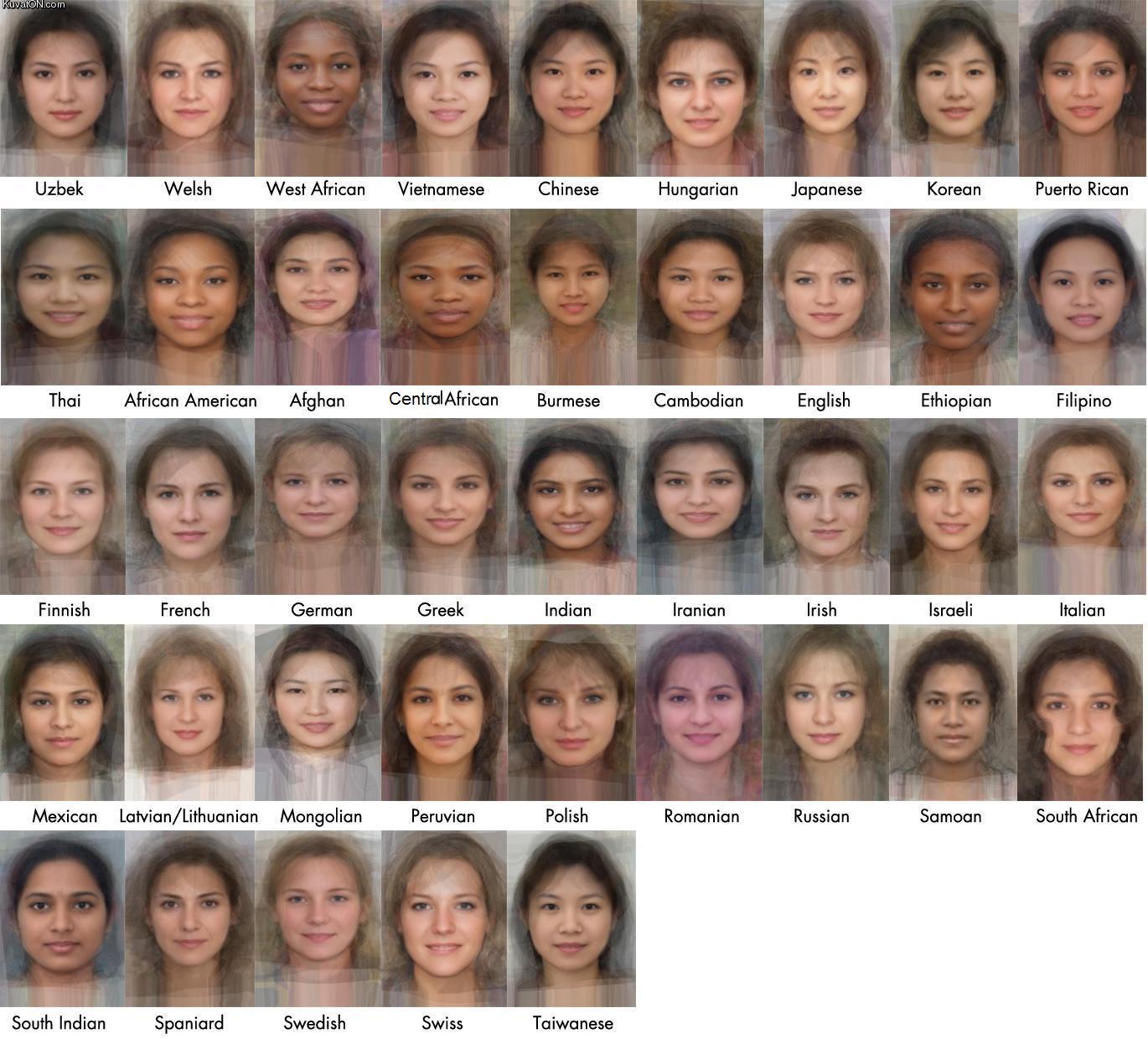Humans are visual animals and we are programmed to make judgments based on what we see, even before we can consider any other information. This is never more apparent than when we look at the faces of others and make judgments. These may be about their attractiveness, their social status, or even their intelligence. We may judge them to be safe appearing or threatening, perky and happy or cold and reserved. All of these thoughts can come to us just based on what we see in their faces (I’m sure we’ve all been surprised at some point when we have judged someone’s character based solely on appearance, only to find out later we were totally wrong). It is no wonder then that we are also innately vain, meaning we care deeply about our appearance and what it projects to others.
I dare say that most of us, when we look in the mirror, ponder whether or not our appearance is attractive to others, regardless of our relationship status. People want to look good. Everyone enjoys knowing others have a positive view of their appearance. On the flip side, knowing others have a negative view of your appearance can be psychologically troubling. We could debate all day whether any of this matters in the grand scheme of life, but it is a fact of life that our appearance has an effect on what others think of us and in turn how they treat or act around us. Recently, there have been many reports of an increase in baby-boomers, who are still in the work-force, getting facial plastic procedures to make themselves appear fresh and young (see here). They were finding that they were missing out on jobs due to their more aged appearance and bias among hiring companies for younger or more attractive workers. Men in particular were seeking out facial and eyelid surgeries. Many felt this was an investment in their careers.
So how do you figure out what makes up an attractive face? You do lots of research. There are many universities around the world looking into these types of questions and most are coming up with the same answers. First of all, they have found that people like average looking faces. Researchers have used morphing software to combine the faces of scores of people, making an average face, and then placed it in a line up of the faces it was made from. Almost invariably, the average face is favored as most attractive. The average face ends up being very symmetric with smooth skin.
Where the average face loses is when it is compared with a “truly” attractive face, one which tends to have more exaggerated features that are considered attractive and but judged to set a face apart. For women, one study found the following characteristics associated with a more attractive look (Click here for the study website and comparison photos):
- Suntanned skin
- Narrower facial shape
- Less fat
- Fuller lips
- Slightly bigger distance of eyes
- Darker, narrower eye brows
- Thicker, longer and darker lashes
- Higher cheek bones
- Narrower nose
- No eye rings
- Thinner lids
For men, the list goes like this:
- Browner skin
- Narrower facial shape
- Less fat
- Fuller and more symmetrical lips
- Darker eye brows
- Thicker and darker lashes
- Upper half of the face broader in relation to the lower
- Higher cheek bones
- Prominent lower jaw
- More prominent chin
- No receding brows
- Thinner lids
- No wrinkles between nose and corner of the mouth
The researchers also looked into how attractiveness affects peoples perception of mood, intelligence and so on. They found a striking difference in how subjects perceived attractive people. They consistently ranked the attractive people as being more sociable, content, hard working, creative, friendly, successful, exciting, accessible and honest. Mind you, this is just based on a first impression…looking only at a picture! It is clearly unfair to make these judgments based on looks alone, but we humans do it everyday and knowing about it gives us an edge when it may matter (i.e. a job interview). Sadly, looking your best may be your biggest help when competing against hordes of other similarly qualified applicants. Hopefully, this information also gives us insight into our own prejudices and we can hold off on snap judgments based on appearance until we have more information on which to form our opinions of someone.
(Another group of researchers looking into similar questions is here: http://www.faceresearch.org/
To see the face of humanity, see this website: http://www.trood.dk/blog/the-face-of-humanity/)

